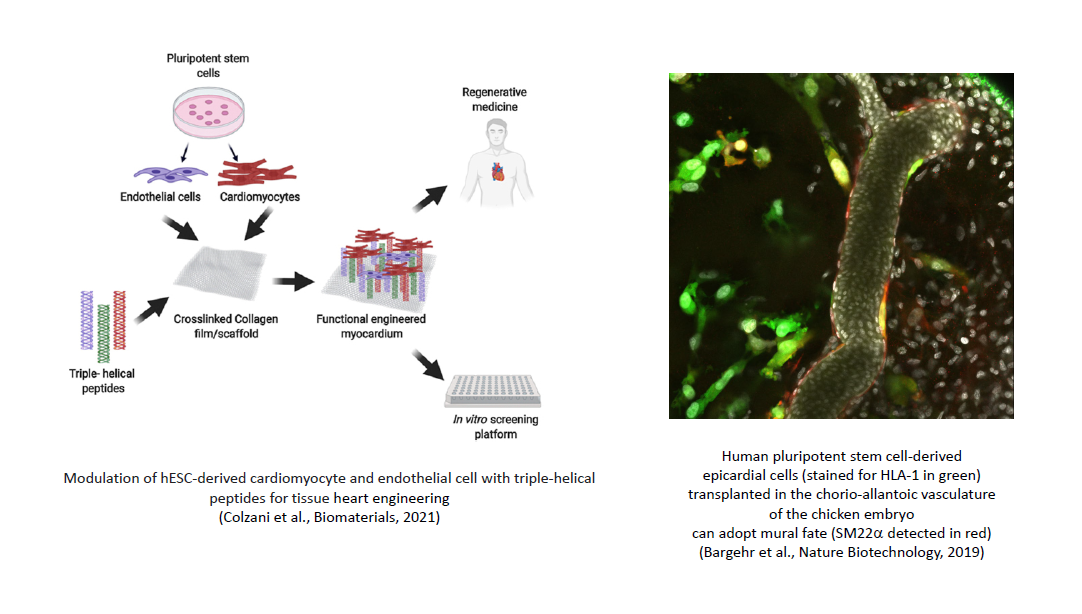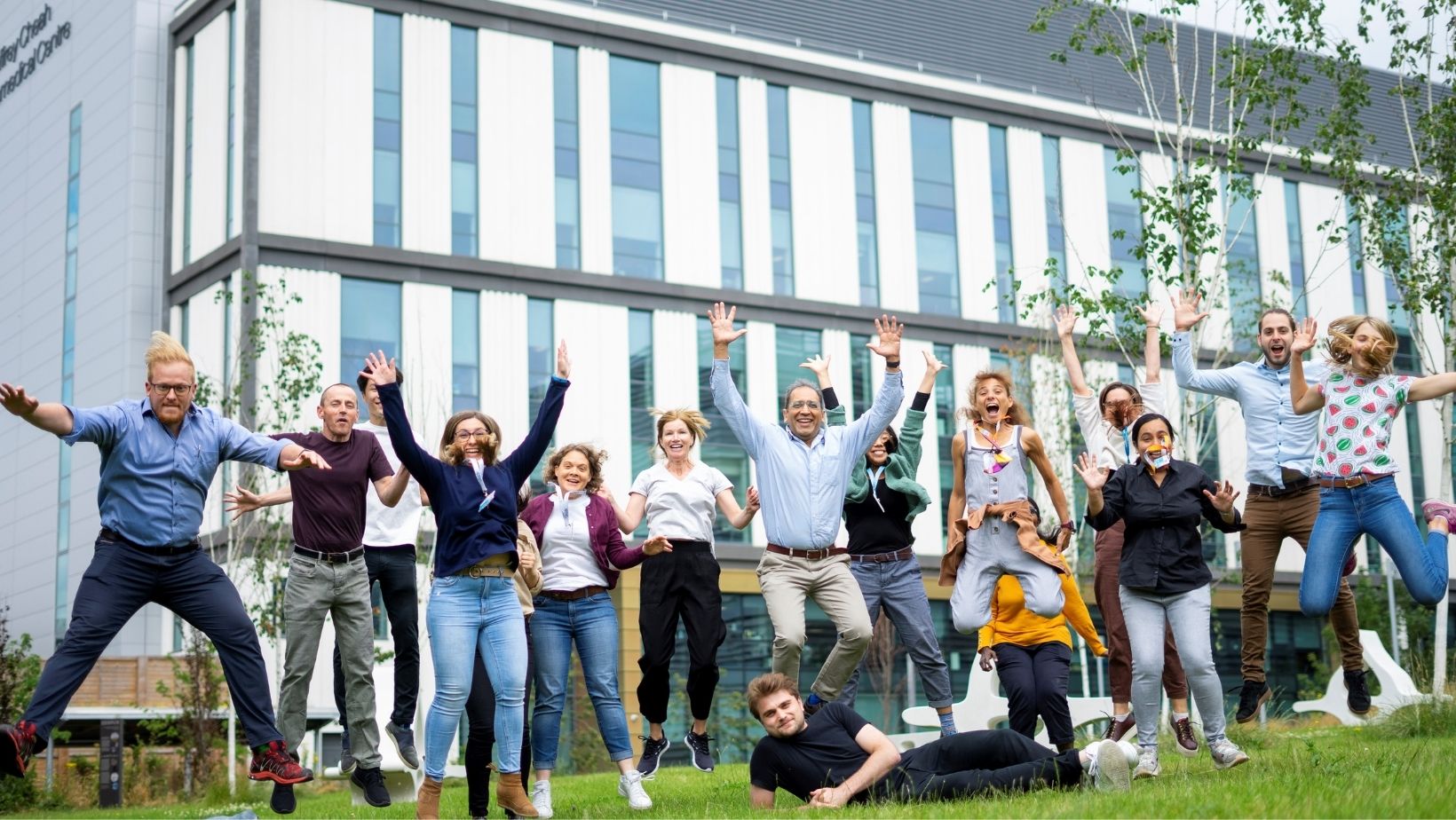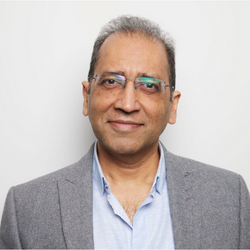Cardiovascular diseases
Laboratory: Cambridge Stem Cell Institute, Jeffrey Cheah Biomedical Centre
Departmental Affiliation: Medicine
Biography
Sanjay Sinha is a British Heart Foundation (BHF) Senior Research Fellow and a Professor in Cardiovascular Regenerative Medicine at the University of Cambridge. He completed medical training in Cambridge, followed by cardiology clinical training and a PhD in Manchester. Dr Sinha then carried out post-doctoral studies in the USA with Prof Gary Owens on smooth muscle biology before establishing an independent group at Cambridge. He is also a Consultant in Cardiology and he combines his research work with clinical duties at Addenbrooke’s Hospital, Cambridge, where he treats patients with a wide variety of cardiovascular diseases.
Funding
British Heart Foundation, Wellcome, Stroke Association
External Links
Research
My lab's overall aim is to develop new treatments for vascular diseases, in particular those involving vascular smooth muscle cells (SMC), using a stem cell based approach.
We have pioneered the generation of embryonic lineage-specific vascular SMC, through the lateral mesoderm, paraxial mesoderm, neural crest and epicardium, from human embryonic stem cells (hESC) and induced pluripotent stem cells, using chemically defined conditions. We have utilised this system to model genetically triggered aortopathies, such as Marfan and Loeys-Dietz syndromes. These "disease-in-a-dish" models are being used to understand the pathobiology of these conditions and to screen for new treatments.
Additionally we are testing the regenerative potential of hESC-derived epicardium and other cardiovascular cell types for heart repair after myocardial infarction, either through direct injection or in the form of an in vitro generated myocardial "patch".
Sinha Group photo 2022
Plain English
Blood vessel diseases cause heart attacks, strokes and aortic aneurysms (a ballooning then tearing of the main artery in the body). We use human stem cells to generate smooth muscle cells, one of the main cell types that make up the blood vessel wall. If we use skin cells from patients with vascular diseases to make stem cells then the smooth muscle cells from those (induced) stem cells will have the same abnormalities as in the patient, thus providing a way to generate a "disease-in-a-dish". With these and other approaches we are trying to understand how blood vessels become diseased and trying to find new treatments for these diseases. We are also developing ways to transplant our stem cell generated cells to reverse the damage caused by a heart attack.




